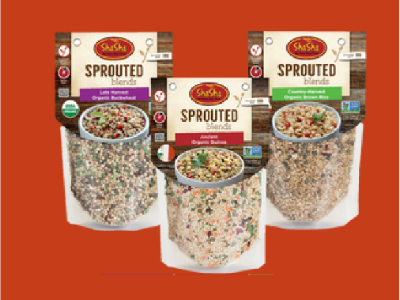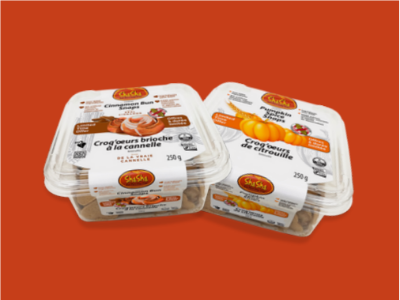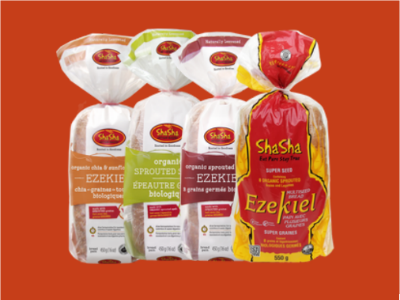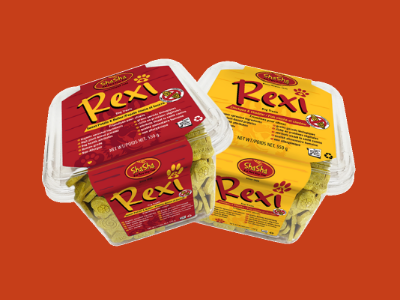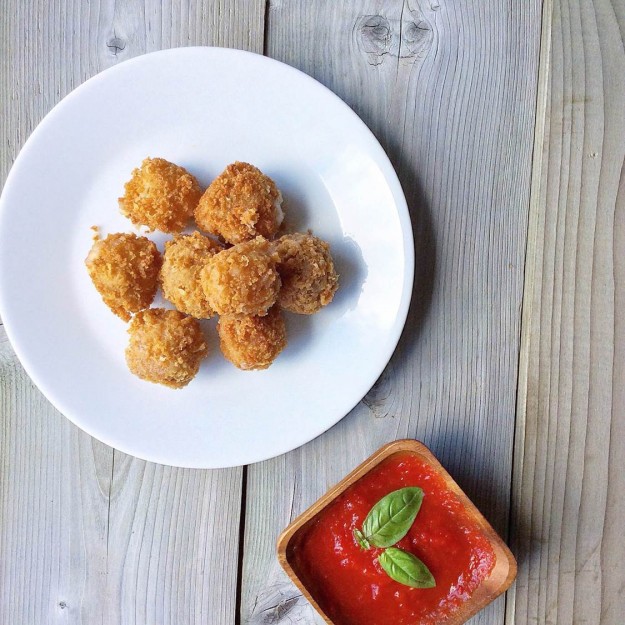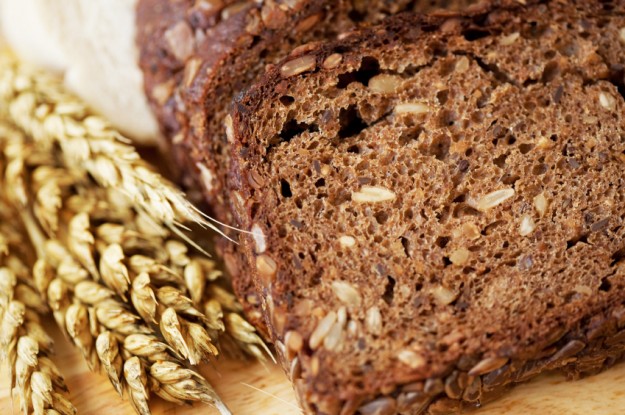Terrific Turmeric; Possibly the Most Important Herb in the World?

Since time immemorial, turmeric has woven its magic as a panacea bringing healing with its brilliant color and soothing flavor. Many cultures have benefited from the use of turmeric as a spice and healing additive and now science is confirming what 4000 years of Ayurvedic medicine already knew; that turmeric is an invaluable ally in the fight against disease.
Turmeric as Remedy
Curcumin, the active ingredient in turmeric, has been used to treat liver ailments, as an anti-inflammatory, for digestive problems, skin diseases and to disinfect wounds. There are a wealth of studies that show its effectiveness:
- A powerful anti-oxidant, turmeric is able to fight free radicals and prevent some of the damage they cause.
- Curcumin helps to reduce inflation in the body and has applications for those who suffer from arthritis, swelling and muscle strains or inflammation from injury or surgery.
- Turmeric stops platelets from bonding together to form blood clots.
- It’s promoted as an excellent treatment for rheumatism.
- It is also used as an anti-bacterial, to clean wounds and to fight viruses; even those as strong as hepatitis and HIV.
- Turmeric protects against liver disease.
- It stimulates the gallbladder and circulatory systems.
- Turmeric reduces cholesterol.
- It reduces external and internal bleeding, and relieves painful menstruation.
- Turmeric relieves angina.
- It cures digestive problems such as irritable bowel syndrome, colitis, Crohn’s disease, and illnesses caused by toxins from parasites and bacteria.
- A Duke University study found that turmeric was able to block the formation of beta-amyloid, responsible for the plaques that cause Alzheimer’s disease.
Cancer-fighting Properties
Turmeric has been shown to fight a number of cancers, reduce cancerous tumors and mitigate some of the harmful effects of chemotherapy. From the Cancer Society site: “Studies show that curcumin may prevent and treat several types of cancers, including prostate, breast, skin and colon cancer.
Curcumin, an active ingredient in turmeric, is an antioxidant. Antioxidants are compounds that protect the cells from damage caused by activated molecules known as free radicals. Laboratory studies show that curcumin interferes with several important molecular pathways involved in the growth, spread and development of cancer.”
How to Get Turmeric into your Diet
Adding organic turmeric to your gravies, stews and curries is a great way to include it in your daily diet. You can also add it to rice for a delightful burst of color or to roasted veggies. Add it to smoothies or make a tea from one teaspoon turmeric simmered in a cup of milk with a little honey or carob molasses to sweeten.
For higher doses, consider turmeric in extract, tincture or supplement form. Adding black pepper when you consume turmeric will increase the adsorption into your bloodstream by 2000%, so be sure to season your food before you enjoy a healthy meal with turmeric.

